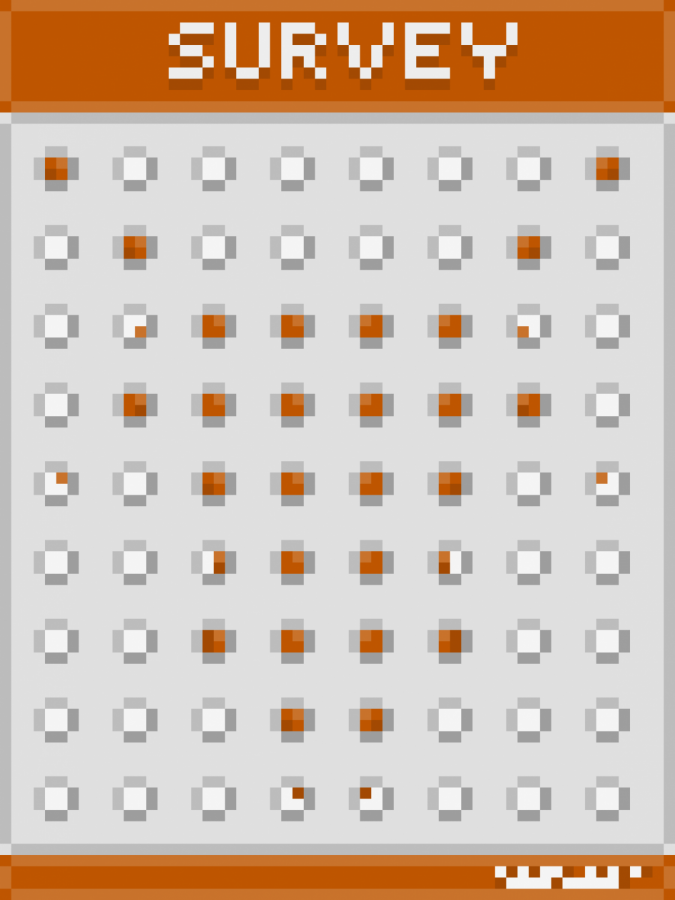Professors, give students midsemester surveys
July 22, 2021
At the end of each semester, students are asked to fill out eCIS course evaluations that give instructors and the administration feedback on the student’s experiences in the course. While surveys are intended to help students and professors, students may feel their feedback doesn’t matter.
There is no reason to write a thorough review at the end of the semester when the professor cannot change the past. Current and future students need to know their feedback is valued. Professors should be required to distribute anonymous midsemester surveys so they can collect feedback that can be implemented in real time.
Aislinn Smith, a math and physics senior, expressed her uncertainty regarding whether or not professors care about her survey responses.
“I know some professors, especially ones that teach lower division courses, had really chronic issues that have been reported over and over again and I don’t see it being addressed in any way,” Smith said.
There is a lack of transparency between students filling out surveys and what professors do with them. A few isolated student complaints is one thing. However, when professors are consistently receiving negative reviews for similar actions year after year, it’s clear that they do not value student feedback.
When professors take their student’s opinions into account, students become more honest about their feedback and want to engage more in class because they know their professor cares.
David DeMatthews, an associate professor in the Department of Educational Leadership and Policy, revealed a few ways he encourages students to fill out surveys.
“I tell students that it’s really important they fill it out and that it’s helpful for me. I will read them and look at them. My students work in schools, so I always say, ‘This is the one piece of feedback that we get on our teaching that is important,’” DeMatthews said.
Additionally, DeMatthews tries to get student feedback in real time.
“Halfway through my class, I give them a student survey on how the class is going. I want to get good evaluation scores but I also want to make sure that I’m not missing something or not doing something right. I model it after a typical student evaluation so I can get a sense that they’re making progress, they’re comfortable reaching out and that they have any chance if they need to vent or let something out,” DeMatthews said. “Why wait until everybody hates you and you get terrible evaluations?”
While UT does not require professors to do this, professors should take it upon themselves to implement a midsemester survey.
Students would have greater incentive to fill out professor reviews halfway through the semester when everything is fresh in their mind as opposed to one survey at the end of the semester. Students are worried about their grades during finals, not a questionnaire.
Both students and professors would benefit under the implementation of an anonymous midsemester survey: Professors receive instantaneous feedback and students can voice their opinions without fear of professor retribution. The main component of students being incentivized to fill out surveys relies on their professor’s actions moving forward.
Students seeing results would not only encourage survey participation, but it would also motivate them to give more honest and detailed feedback to professors. Midsemester reviews would enable students to stay anonymous while being heard.
Lazenby is an economics junior from Chicago, Illinois.



